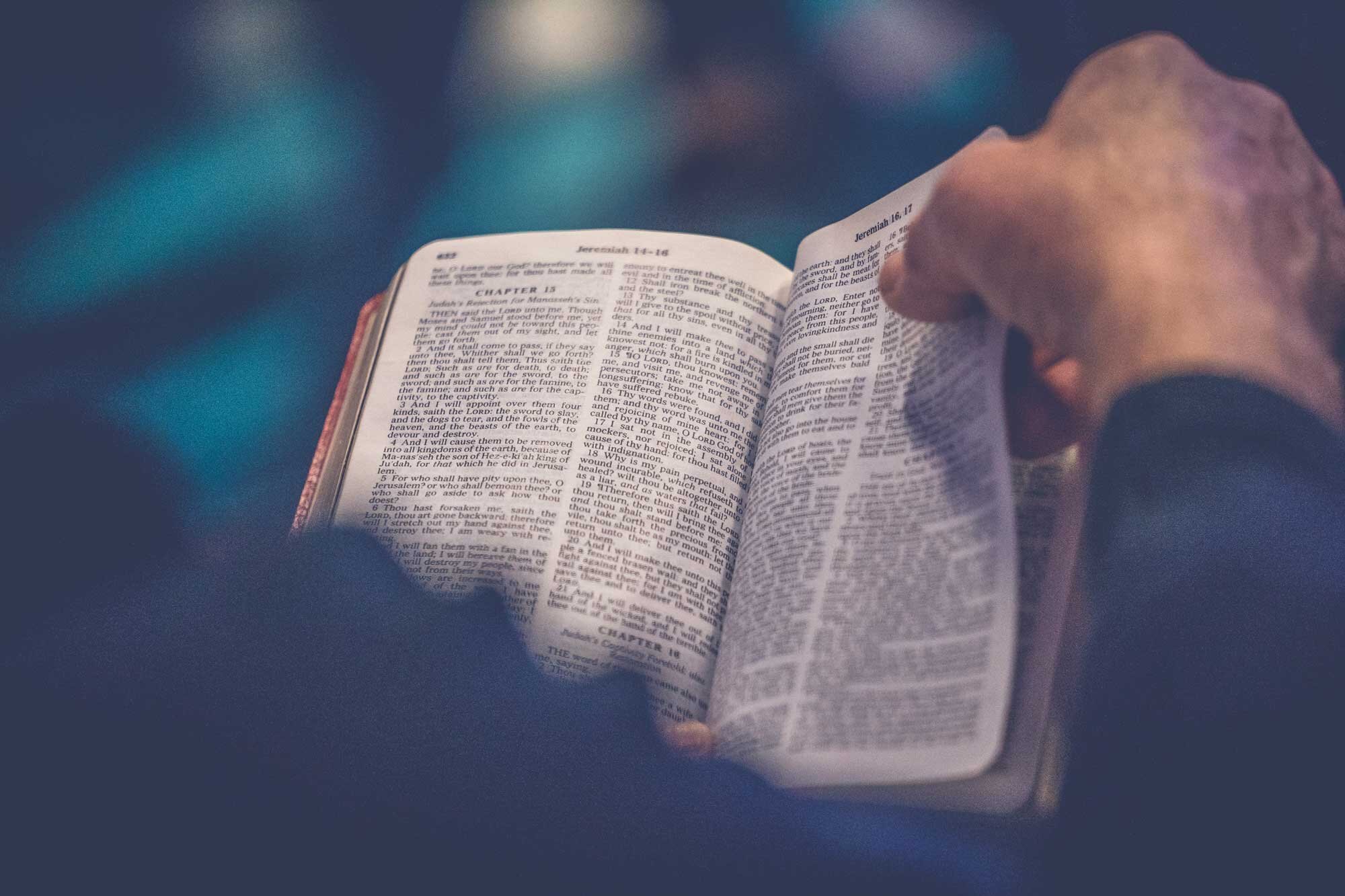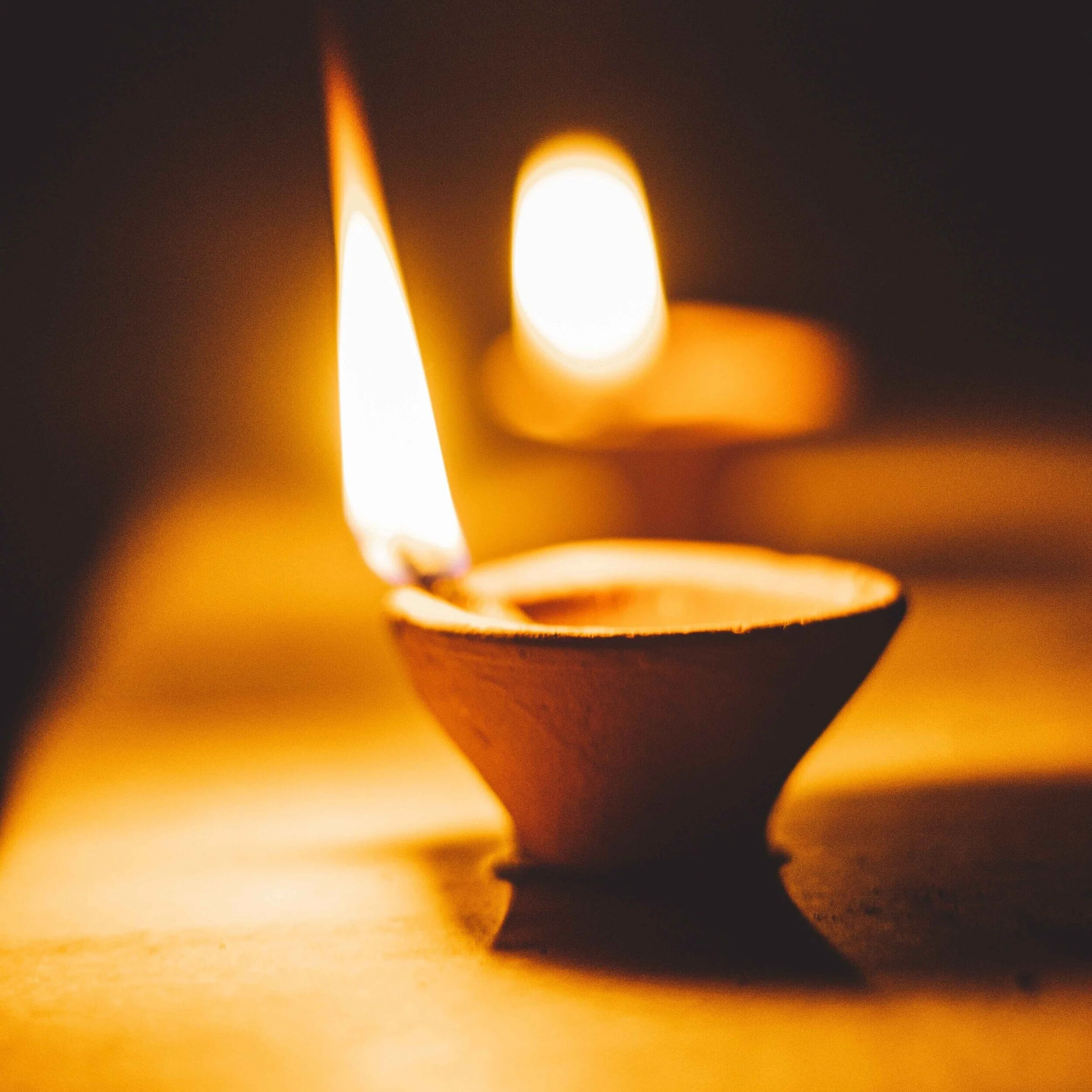Image Unsplash
Day 2 of 30
By Phil Simpson from the Mahabba team
Inspired by today's entry in the 30 Days of Prayer booklet, but with a UK twist!
If you’ve not signed up to receive the daily prompts to your inbox - see here →
Daily verse
“Let them praise his name with dancing and make music to him with timbrel and harp. For the LORD takes delight in his people; he crowns the humble with victory.”
Thought for the day
Windmills of our minds
One part of the Turkish community in Britain is in exile due to the political situation in the country. Muslims, many of them have a Sufi influence on their faith with its emphasis on seeking a deeper spiritual awareness of God. People are keen on questioning and this includes seeking after greater knowledge from the Christian Bible. While we have much in common, seeing Jesus as the source of salvation is a fundamental point of difference to discuss.
Our group has met many times during the last two years to discuss the lives of prophets, consider issues of concern such as 'fasting', 'hospitality', 'education' using passages from the Bible and the Qur'an. We are not theologians, so we all share from our understanding and experiences. As a result we have had some deep discussions about difficult issues and all of us have learnt a lot. Turkish / Middle Eastern culture brings fresh perspectives on biblical passages and meaning. Christians bring a fresh expression of God as merciful and in essence love.
Recently, friends from another town have joined us and if we grow much larger we will have to split into smaller groups!
Alongside our monthly meetings we join together to share in each other's festivals. They have given us opportunities to explain more about the significance of Christmas and Easter, as well as learning about Ramadan and Eid.
Prayer for the day
Pray for Turkish people uprooted and now living in the UK and for the situation in Turkey especially the social stress due to the conflict in Syria. Give thanks to God that so many want to engage in the community and want to learn and share their experiences. Pray for Christians to be welcoming towards others.
Daily action
Please note: actions were written before the COVID-19 pandemic. Please consult the latest advice from your local public health authority or government and adhere to any current restrictions on travel or social situations.
Look for further opportunities for meeting others to discuss faith issues and for Jesus to be revealed through Scripture.
Your turn
Let us know how it went! Leave a comment on our online community platform, Discourse, or tag us on social media with the #lovefast hashtag on social media.
Resources
Do you want to involve your church in blessing Muslim people through prayer and friendship?
There are new 30 Days of Prayer church resources available for you:
Pray Together as a Congregation
Small Group Session
Night of Power Prayer Meeting
Prayer Walk Guide
What’s your next step after 30 Days? There are loads of resources to help you on your journey.


























